Eastern Arc Conference 2021
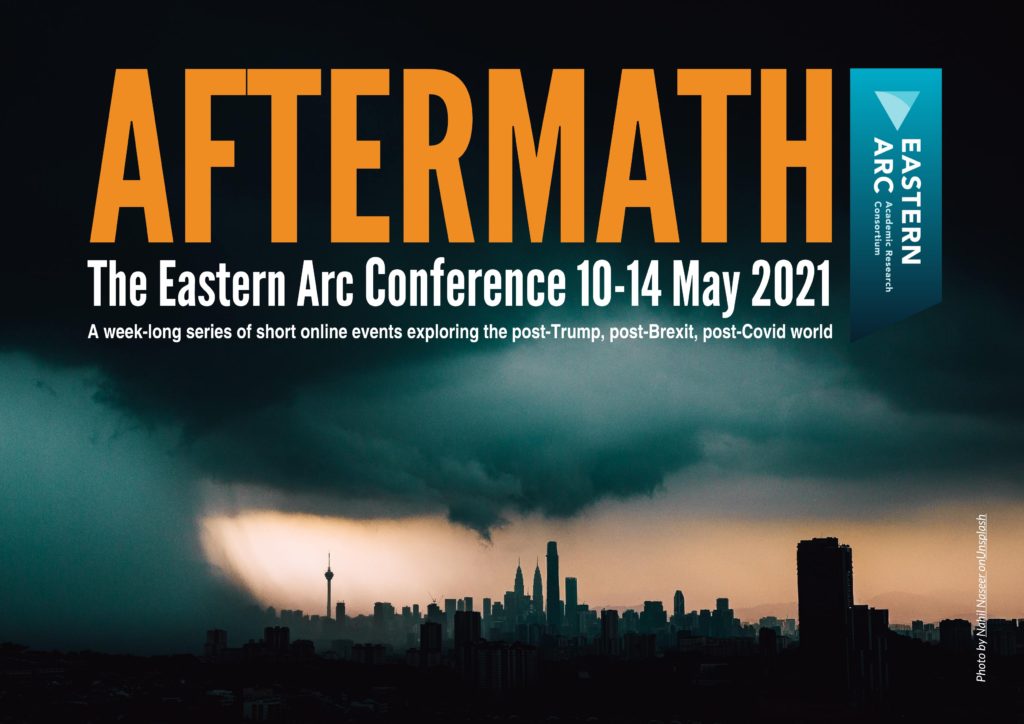
A week-long series of short online events exploring the post-Trump, post-Brexit, post-Covid world
Following the end of the Trump presidency, the UK’s departure from the European Union, and the year-long Covid pandemic, we are only starting to come to terms with a society, an economy and a global community that has changed forever.
This year’s EARC Conference will look at different facets of this. Taking the form of a week-long series of 2-hour on-line sessions, delegates will hear from a range of speakers and provocateurs initially, before exploring the issues more broadly and bringing in additional speakers, questions and ideas in the second half of the event.
The confirmed programme is below, and details of the speakers are here.
The event is free and open to all. To register, click here.
Programme
| Monday 10 May 12:00-14:00 |
Taking Stock: How have the events of the last 12 months affected our work? |
|---|---|
 |
Introduced and chaired by Prof Fiona Lettice (PVC Research & Innovation, UEA)
Session A: Developing Eastern ArcSince the second phase of Eastern Arc was launched in 2020, we have achieved a significant amount, from identifying shared strengths, facilitating collaborations, engaging with stakeholders and policy-makers, and developing cross-institutional mentoring. However, the challenges of Covid and other pressures have presented significant difficulties, as well as some opportunities. EARC Director Phil Ward will give an overview of the aims and achievements of the Consortium, before discussing the collaborative work within the themes with their champions. Session B: The View from the AcademiesThe British Academy is both a funder and a forum: it enables research to happen, but also gives researchers an opportunity to discuss and engage with wider issues affecting society and culture, with the findings and outcomes of cutting-edge research, and with the policy that drives and informs the sector. Vanessa Cuthill is the Academy’s Director of Research. She will look at how the events of 2020 – both globally and within UK research policy – have affected the work and strategy of the BA, and its future direction as a result. ChairProf Fiona Lettice (PVC Research & Innovation, University of East Anglia) Speakers |
| Tuesday 11 May 12:00-14-00 |
Surviving the Seismic Shift: Sustainable agriculture after Brexit |
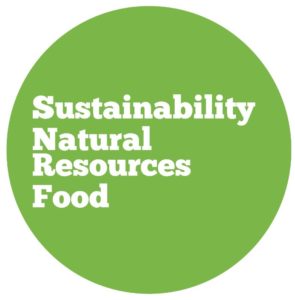 |
Hosted by the EARC Sustainability, Natural Resources and Food Theme
The UK’s departure from the European Union has presented both challenges and opportunities for agriculture: supply changes have been disrupted and trading relationships redrawn, but it also gives the country a chance to rethink how it supports and subsidises its growers and producers. This comes within the wider context of having to mitigate climate change and move towards a more sustainable way of managing our environment. This session will hear from policy-makers, landowners, academics and advocates who will discuss the issues openly and frankly. Andrew Clark is Director of Policy at the National Farmers Union, and will provide the policy framework and the ways in which his organisation is lobbying on behalf of its members; Martin Lines is the Steering Group Chair for the Nature Friendly Farmers Network and will be able to speak collectively on behalf of its members, as well as from his own personal experience; and Archie Ruggles-Brise and Glenn Anderson are implementing change on their estates in Essex and Norfolk, and will talk about how to work sustainably and safeguard their natural capital while also ensuring their businesses are viable. ChairProf Graham Underwood (Professor, School of Life Sciences, University of Essex) Speakers
|
| Wednesday 12 May 12:00-14:00 |
Culture, Creativity, Covid |
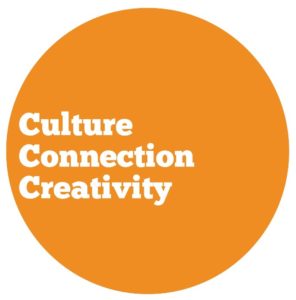 |
Hosted by the EARC Culture, Connection and Creativity Theme
The pandemic has had an impact on almost every part of our lives, and we have had to rethink and reimagine how we work, how we live and how we relax. The cultural sector has been particularly affected: theatres, cinemas and galleries have closed, and many artists, actors, writers and directors have been unable to work creatively with others. How have institutions responded to this challenge? This session will hear from three key regional cultural centres and organisations (the Sainsbury Centre in Norwich, Metal Culture in Southend, and Turner Contemporary in Margate) to understand the issues and the solutions they’ve developed, and to explore a year of ‘existential reflection’ and ‘live learning’. Has the digital replaced the live experience, or will audiences return to pre-pandemic levels and, if so, how will this be managed? The second half of the session will extend the discussion and encourage both EARC champions and other delegates to speak from their experiences, to explore ideas of how we engage differently with culture and creativity, from using virtual and augmented reality tools to exploring new methodologies for interdisciplinary work. ChairDr Michael Tymkiw (Senior Lecturer, School of Philosophy and Art History, University of Essex) Speakers
|
| Thursday 13 May 12:00-14:00 |
‘Deplorables’ and the Deep Web: Going beyond the liberal consensus |
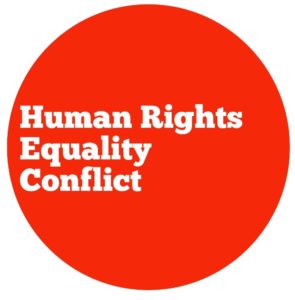 |
Hosted by the EARC Human Rights, Equality and Conflict Theme
With the rise in populism in the second half of the last decade, together with a widespread belief in conspiracies and the use of social media and other technology to gain access to people, products and services that were previously off-limits, how do researchers engage without being seen as complicit? In this talk, Prof Alan Finlayson will describe the idea of ‘political theory in the wild’, and how important it is to go beyond the seminar room to engage with disruptive and divisive individuals and movements. In the second half of the session (13:00-14:00) academics, researchers and external stakeholders will broaden out the discussion, and we will look at how to undertake research on far-right or ‘extremist’ politics, and navigating cyber sovereignty and coded aggression and the possibilities of ‘cyber peace’. ChairDr Andrew Fagan (Director of the Human Rights Centre, University of Essex) Speakers |
| Friday 14 May 12:00-14:00 |
Integrated Care Systems: Future changes and opportunities
|
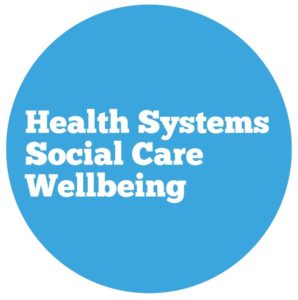 |
Hosted by the EARC Health Systems, Social Care and Wellbeing Theme
Integrated care systems (ICSs) are new partnerships between the organisations that meet health and care needs across an area, to coordinate services and to plan in a way that improves population health and reduces inequalities between different groups. As part of their remit, they will look at the effective use of digital and data to ‘improve productivity and patient outcomes, reduce bureaucracy, drive service transformation and stimulate improvement and research.’ How will the current system of applied health research funding adapt to this new model? Prof David Croisdale-Appleby was involved at an early stage in the development of ICSs, and will discuss his insights into the future opportunities – and challenges – of the changes. In the second half of the session, we will look at the immediate and long-term effects of the pandemic on our health and healthcare provision. How do we need to adapt to managing chronic conditions, and what support should there be for the mental health impacts of Covid? ChairProf Tracey Loughran (Professor in the Department of History, University of Essex) Speakers
|
